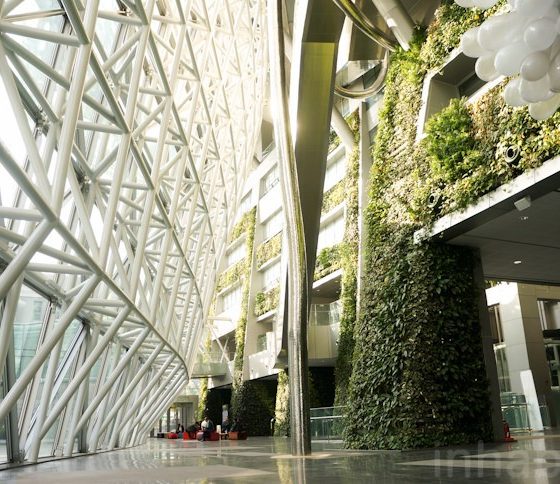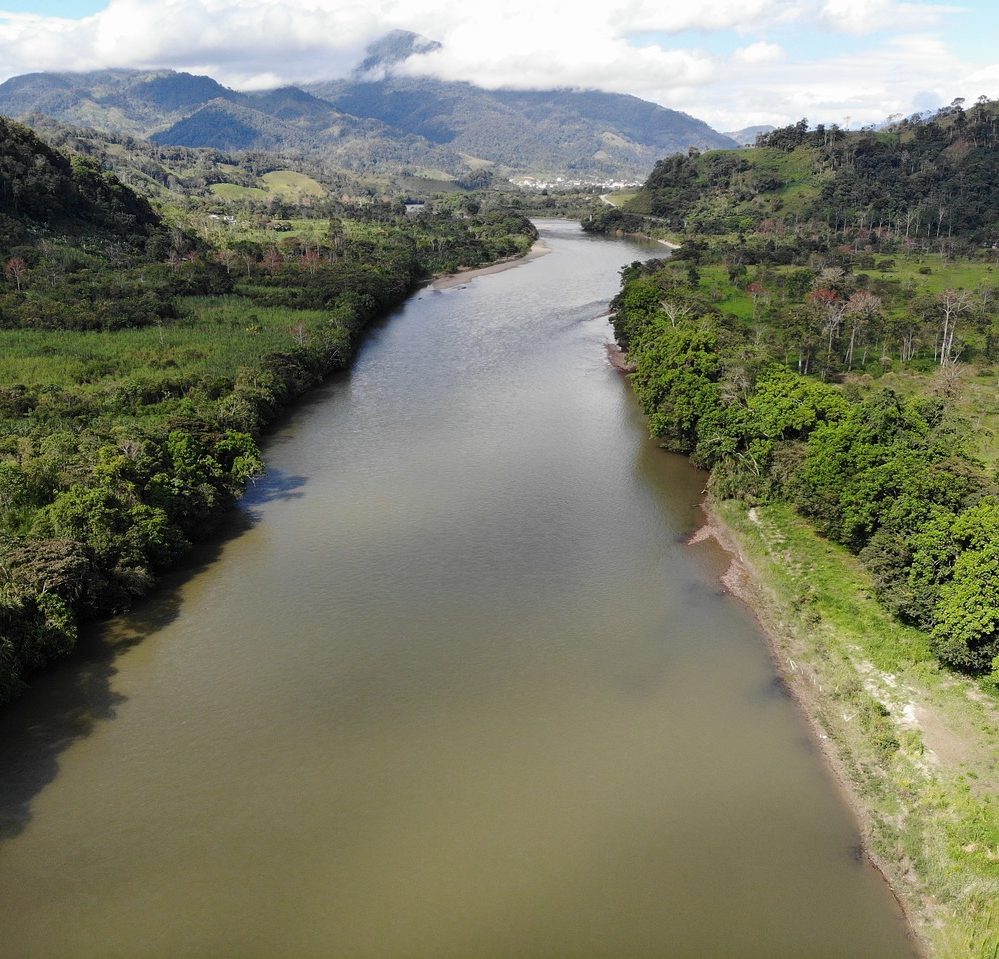The Making Cities Resilient 2030 campaign launched at a big tent session that brought together deeply committed partners and cities on the final day of Daring Cities 2020.
MCR2030 is designed to support cities to become inclusive, safe, resilient and sustainable by 2030. “To achieve resilience, cities will have to address the underlying drivers of risk, which may include poverty, education, health, environmental degradation, among others,” said Mami Mizutori, Special Representative of the UN Secretary-General for Disaster Risk Reduction and Head of the UN Office for Disaster Risk Reduction (UNDRR).
While the launch session was an urgent call to action, it was also a testament to the success of the first Making Cities Resilient Campaign which has over 4000 signatories.
That effort was a decade-long drive for urban resilience which started at the 2009 ICLEI Resilient Cities Conference and concludes at the end of this year.
Local government representatives from Dakar, Senegal to Greater Manchester Combined Authority, UK to Santa Fe, Argentina all spoke of how the campaign was able to raise the profile of resilience conversations within their work and why MCR2030 is so critical. Emilio Jatón, Mayor of Santa Fe, Argentina said that the support, collaboration and learning offered through the campaign is even more important during the time of COVID-19. Now more than ever, he said, “it is impossible to act by ourselves… the era of collaboration is essential.”
Resilience in the face of the pandemic was an overarching topic. Gino Van Begin, Secretary General of ICLEI, commented on the systemic and cascading nature of risk that cities must reckon with. “A year ago, nobody could have anticipated the shock that COVID-19 has brought to cities around the world [and] at the same time, the climate crisis is accelerating. Cities will have to fight the climate crisis while responding to the pandemic.”
Sameh Wahba, Global Director for the World Bank’s Urban, Disaster Risk Management, Resilience and Land Global Practice said that “city resilience is at the core of our mission to eradicate poverty and encourage prosperity [and] COVID-19 has laid bare the inequalities within our cities.”
“COVID requires us to think creatively and innovatively,” added Maimunah Mohd Sharif, Executive Director, UN-Habitat.
In this vein, Mizutori emphasized that, “more than anything, a holistic and systems approach to resilience must be adopted by cities. MCR2030 aims to provide a framework for this approach.”
MCR2030 offers cities a three-stage resilience roadmap to assess, plan and implement risk reduction and resilience building initiatives.
Learn more about MCR2030.





